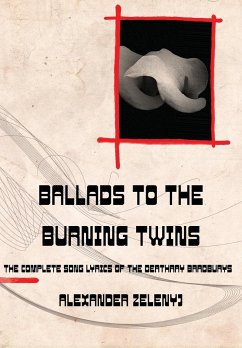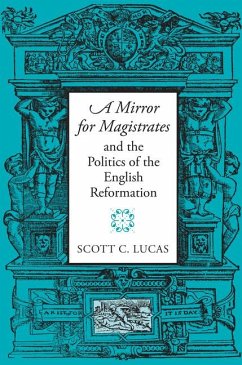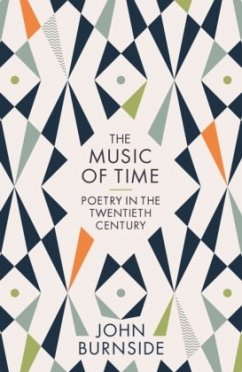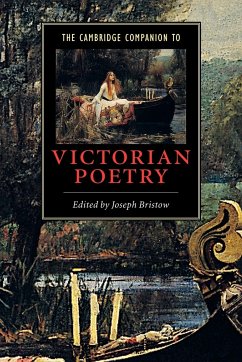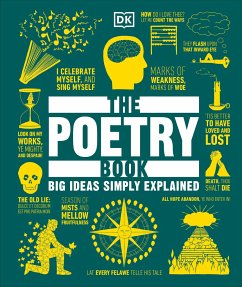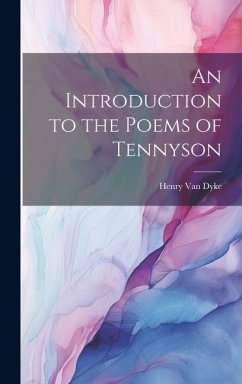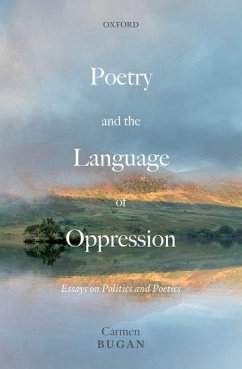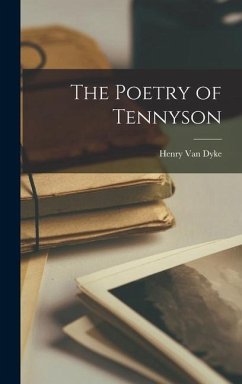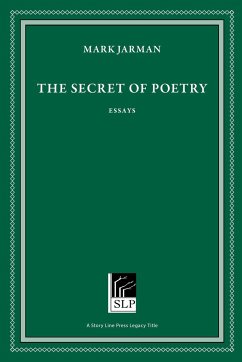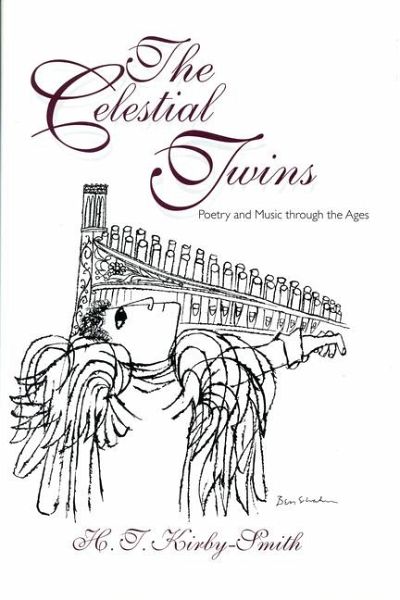
The Celestial Twins
Poetry and Music Through the Ages
Versandkostenfrei!
Versandfertig in über 4 Wochen
45,99 €
inkl. MwSt.

PAYBACK Punkte
23 °P sammeln!
All art constantly aspires toward the condition of music wrote Walter Pater. While recognizing many affinities between music and poetry, this work argues that poetry in western culture has repeatedly separated itself from musical contexts and that the best poetry is a purely verbal art. The author makes his case by proceeding chronologically and citing numerous examples of specific poems - from Latin, old French, Italian, Anglo-Saxon, modern French, and English. He points out that ancient Greek poetry, including the epics, was part of musical context. By contrast, almost no surviving Latin poe...
All art constantly aspires toward the condition of music wrote Walter Pater. While recognizing many affinities between music and poetry, this work argues that poetry in western culture has repeatedly separated itself from musical contexts and that the best poetry is a purely verbal art. The author makes his case by proceeding chronologically and citing numerous examples of specific poems - from Latin, old French, Italian, Anglo-Saxon, modern French, and English. He points out that ancient Greek poetry, including the epics, was part of musical context. By contrast, almost no surviving Latin poetry was written for musical performance, but the metres of Latin poetry were borrowed from Greek musical metres. Similarly, in their own ways, Thomas Hardy, T.S. Eliot, and Langston Hughes all wrote out of musical contexts: Hardy from west-of-England songs and dances; Eliot from Wagnerian opera and late Beethoven chamber music; and Hughes from blues, jazz, and spirituals. Although poets from Horace to Shakespeare to Dickinson have instinctively recognized the separation of music and poetry, there have also been well-meaning attempts to bring these allied arts back into association with each other. But in Kirby-Smith's view, poetry of the highest order has always maintained a respectful distance from music, even while retaining some memory of musical rhythms and organization.



